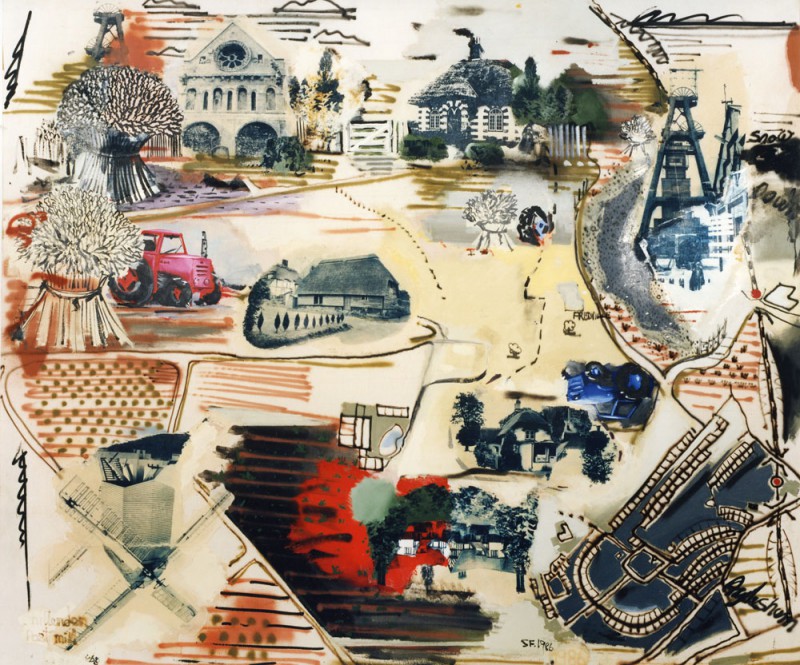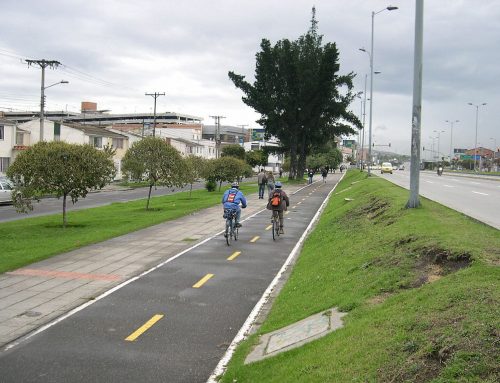Are people more likely to be inspired towards stewardship by a love for their local surroundings and cultural connections to nature than by traditional conservation movements?
Common Ground is a charity that explores the relationship between nature and culture through music, sculpture, poetry, film, markets, photography, architecture, gardening, publishing and pamphleteering. The idea of Local Distinctiveness, pioneered in 1985 by co-founders Sue Clifford and Angela King, is at the root of all Common Ground projects. They believe that people can make a positive difference to their own localities and want to inspire them to get involved in the life of their local environment. They champion democratic involvement and believe that celebration is a starting point for action to conserve, enrich and improve the quality of everyday places.
“What is going to get us through is not just science, politics and economics,” Clifford says, “but also humanity and imagination. People need 1,000 ways to imagine a future for their children.”
Common Ground was founded in 1983 by Sue Clifford, Angela King and Roger Deakin. Based in London’s Covent Garden and later in Shaftesbury, Dorset, their intention was to act as a catalyst for change in people’s attitude to nature and the land. At the time, they were concerned by the way in which conservation was becoming increasingly elitist and abstracted from day to day life. Surely the places on our doorstep, however ordinary, deserved to be protected as well? And what about those aspects of the land and of our culture that suggest an age-old intertwining of human life and the natural world? A drystone wall, a May Day fair, a field name, a holloway, an orchard: such things, they felt, by their very nature, celebrated a history shared between us and the land, one that was vulnerable to the footloose excesses of development.
Poets, painters, sculptors, essayists and composers have always played an important role in shaping the way we feel about the land, so why not reopen this dialogue? Common Ground set out to re-capture the public imagination through the arts, and began to put some of the big questions about our relationship with nature to these contemporary artists in an attempt to ‘learn with them’. See their website http://commonground.org.uk/ for descriptions of projects that have been completed all over the UK. These projects have unearthed very strong feelings of attachment and belonging, to local history, to language, nature, architecture, folklore, and to the landscape of places.



